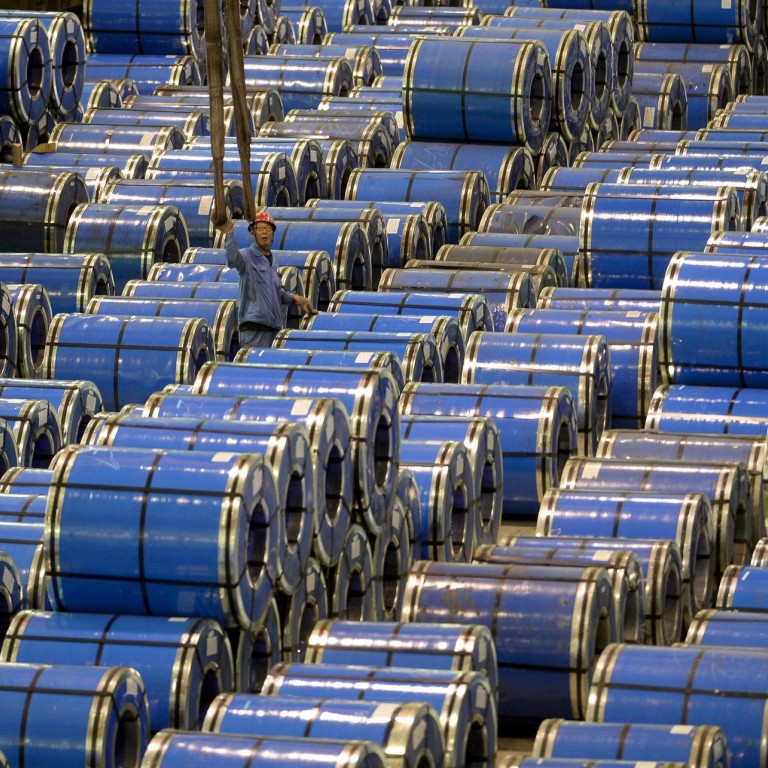
G20 tries to smooth China economic shockwaves
Finance ministers and central bankers to tackle worries over world's second-largest economy that have led to plunge in stocks, commodities
World finance ministers gather in Turkey this weekend confronted by slowing growth in China, tanking emerging economies and panicked stock markets.
And with looming interest rate increases in the United States adding to the uncertainty and concern, finance ministers and central bankers of the Group of 20 nations will be meeting in Ankara under dramatically changed circumstances than when they last huddled in April.
After those talks, policymakers from the world's biggest advanced and emerging economies spoke optimistically about the risks to a global recovery having diminished.
This weekend, the G20 word out of Ankara is expected to be more subdued.
Signs that China's economy - the world's second-largest - is slowing more than expected has panicked stock markets, pushed commodity prices to fresh lows, seen a rout in emerging market currencies and thrown into question a US rate rise previously expected this month.
This week, International Monetary Fund head Christine Lagarde conceded global economic growth is likely to be weaker this year than the 3.3 per cent estimate the IMF made just two months ago, due in part to fallout from China's slowdown.
"What has been demonstrated in the last few weeks is how much Asia is at the core of global economy, and how much disruptions occurring in one market in Asia can actually spill over to the rest of the world," Lagarde said.
Whether China can manage a soft landing after years of explosive economic growth will be at the heart of G20 talks.
Andrew Kenningham, a senior economist at Capital Economics in London, says some of the reaction to China's slowing has been overblown.
"For China, we don't think the outlook is nearly as bad as many people are suggesting. We could even see some reacceleration of growth in the second half of this year, partly because of policy stimulus," Kenningham said.
Not all observers are as optimistic, however, and calls have multiplied for Beijing to step up efforts to address the panic. The US has appealed to China to be more transparent to financial markets, especially concerning the "actions and objectives" of its economic policies, a senior official with the US Treasury said.
But China is not alone in encountering problems. The US has produced mixed economic data, French growth has again stalled, and both Canada and Brazil have entered recession - leaving the G20 with few members in a position to crow in Ankara. Even surging Germany will avoid any swagger that might generate renewed criticism from partners about its huge trade surpluses.
"I am convinced that the recent market developments - which are not yet over - are not the sort to destabilise the European economy," European economic affairs commissioner Pierre Moscovici said in a preview of the expected G20 tone.
Sebastien Jean, a director of French economic research institute CEPII, says one focus of the meeting should clearly differentiate market panic about China from effective action to address the situation.
"There's been a lot of overinterpretation, so it will be important for G20 leaders to reaffirm their determination to coordinate" action, Jean said.
